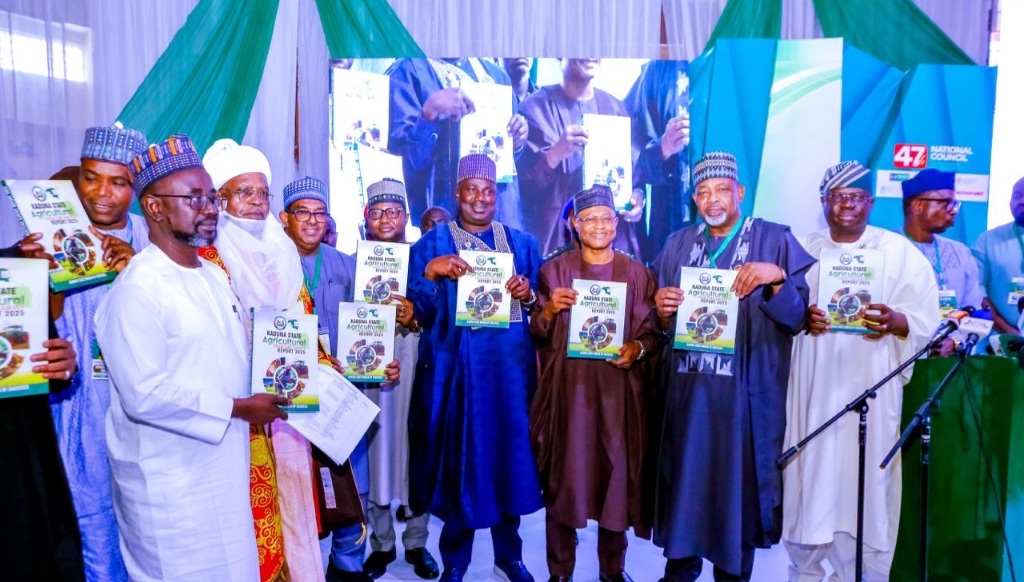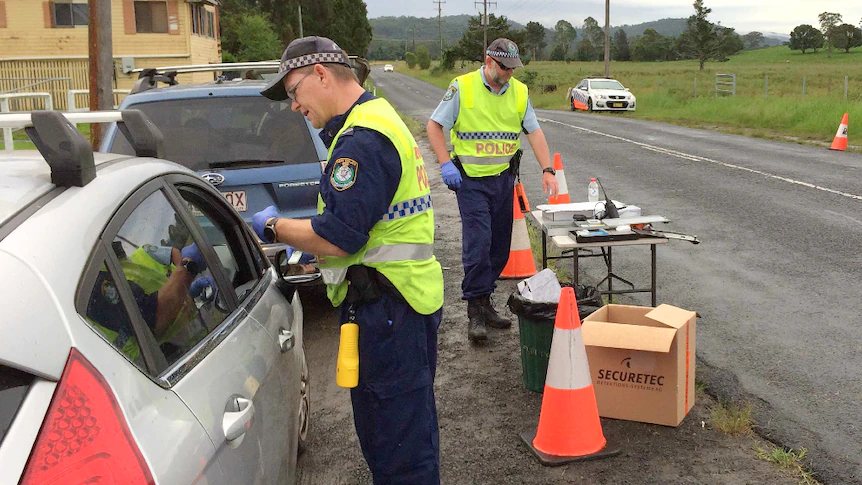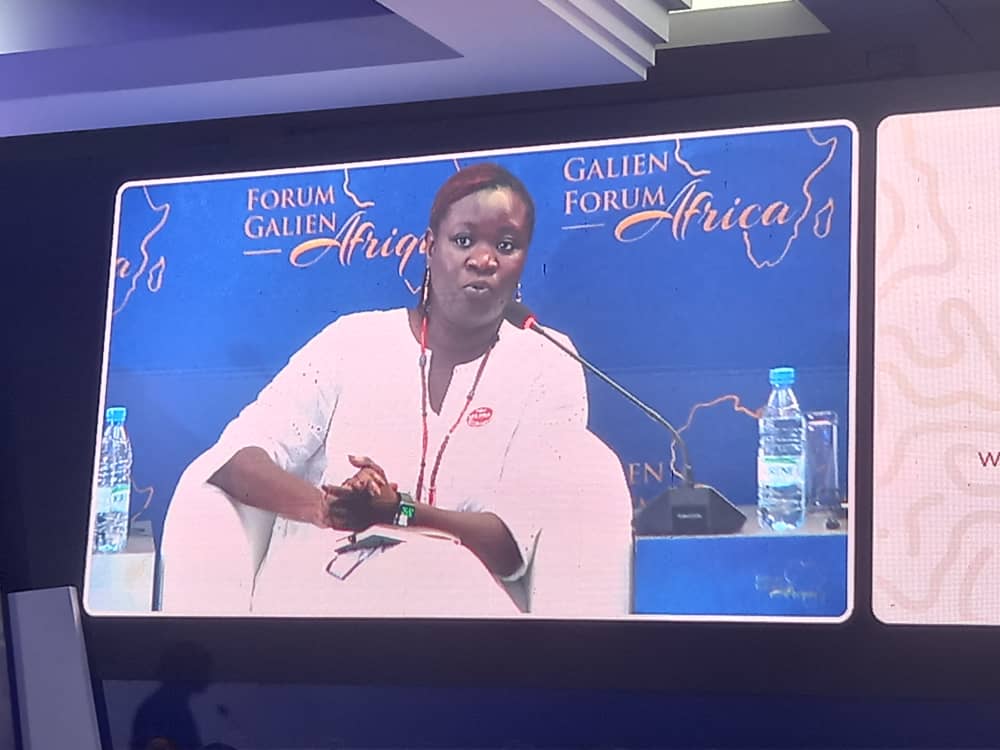Copyright businessday

The Federal Government says the recent decline in food prices across major markets reflects the impact of its targeted market interventions, increased agricultural production, and sustained investment in the food ecosystem. Abubakar Kyari, minister of Agriculture and Food Security, made this known on Thursday at the 47th Regular Meeting of the National Council on Agriculture and Food Security (NCAFS) held in Kaduna, where he unveiled new financing and production programmes aimed at achieving national food sovereignty. “We are beginning to witness a decline in food prices across several commodities — a reflection of ongoing targeted market interventions,” Kyari said. “While we are not yet where we want to be, this positive trend confirms that we are moving in the right direction.” Kyari announced that the Bank of Agriculture (BOA) has received government approval for a ₦1.5 trillion recapitalisation, alongside an additional ₦250 billion financing window to support smallholder farmers and agro-industrial expansion. He added that the recapitalisation would unlock affordable credit for farmers and agribusinesses, strengthening mechanisation, input delivery, and value chain development. The Minister further revealed that in partnership with Heifer Nigeria, the government has launched a National Agricultural Mechanisation Programme to establish youth- and women-led service centres across all six geopolitical zones. “Mechanisation will become a national service that modernises production, raises yields, and creates sustainable rural employment,” Kyari said The Minister disclosed that under the National Agricultural Growth Scheme–Agro Pocket (NAGS-AP), implemented with support from the African Development Bank (AfDB) and state governments, Nigeria has expanded wheat production from 15 states in 2023/24 to a broader coverage in the current 2024/25 season. He also announced a major breakthrough in rainfed wheat cultivation, pioneered by the Lake Chad Research Institute (LCRI) in Plateau State — enabling year-round farming and boosting domestic supply. “With viable rainfed varieties now proven in Plateau, Taraba, and Cross River States, Nigeria is charting a new course toward self-sufficiency in wheat,” Kyari noted To tackle post-harvest losses and price volatility, the Minister said the government, in collaboration with the Alliance for a Green Revolution in Africa (AGRA), has developed the Nigeria Postharvest Systems Transformation Programme (NiPHaST). He added that the initiative, unveiled earlier this year in Dakar during the Africa Food Systems Forum (AFSF), is designed to improve storage, processing, and market access for key commodities. Kyari also highlighted new investments in drought-tolerant crops, integrated pest management, and the Nigerian Farmers’ Soil Health Scheme, which aligns fertiliser use with specific soil needs to boost yields sustainably. Aliyu Sabi Abdullahi, minister of State for Agriculture and Food Security, called for accelerated adoption of climate-smart agriculture, noting that long-term food security depends on resilience and innovation. Read also: FG trains retirees on agribusiness, entrepreneurship to boost food security He cited key government-backed initiatives, including the 500,000-hectare Dry Season Farming Scheme, renewable energy-powered irrigation systems, and the “Every Home a Garden” initiative championed by First Lady Oluremi Tinubu, to promote household-level food production. Declaring the Council open, Uba Sani, Governor of Kaduna State described food security as both a “national survival issue and an economic imperative.” “Across the globe, food systems are being shaped by innovation and resilience,” Sani said. “Under the Renewed Hope Agenda, Nigeria is embracing that transformation — integrating value chains, improving input systems, and modernising rural infrastructure.” He added that Kaduna State has prioritised agriculture as “a moral and economic imperative,” expanding access to credit, improving logistics, and building a fertile ecosystem for agribusiness growth. Earlier, participants toured Afreximbank’s Quality Assurance Centre, Olam Agri, Tomato Jos, and TMDK Agro Park, where they witnessed examples of innovation and rural job creation. The event concluded with awards to outstanding farmers and agribusiness stakeholders driving the nation’s food security agenda.



